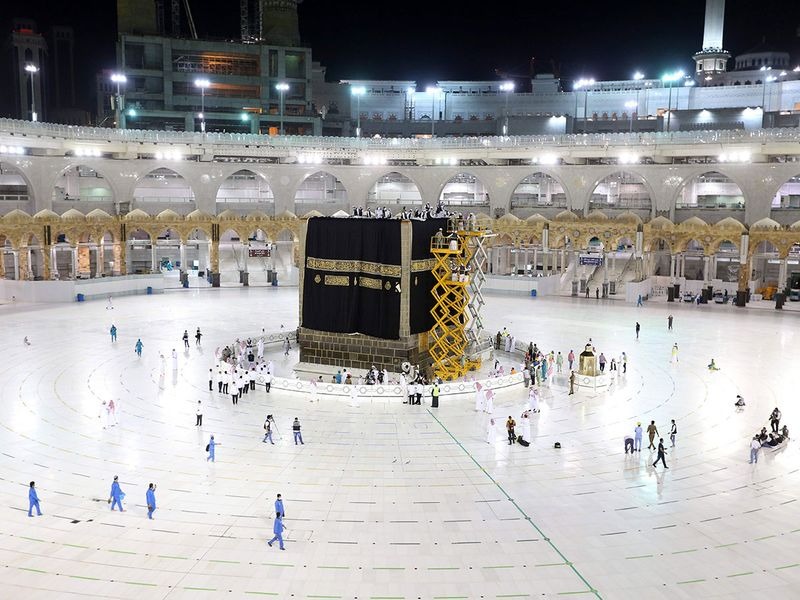The deadly attacks on the Sri Lankan Churches and hotels - whether it was carried out as retaliation against the New Zealand mosque attack or mere a mindless act of few terrorists- are highly condemned. Attacks on places of worship killing and injuring innocents are worst form of terrorism.
It's reported that the attacks were carried out by suicide bombers including two wealthy Sri Lankan “Muslims”. It's appalling and disgraceful because they acted in the name of religion.
Islam, as faith, never vindicates this type of heinous act because none has right to end one’s own life or to kill others. It's considered to be grievous sin. Even in worst scenario, a Muslim has to strongly rely on Allah’s tests and tribulations.
Besides, Islam teaches how to live but not how to die or kill his fellow being regardless of which religion he belongs to. It doesn't say that man should stay in solitude, stay away from family affairs, remain in forest and get disconnected from the main stream of society; instead, it teaches to enjoy life and give meaning to the good society within the framework of Islam.
So, how come a Muslim kills himself and others for the cause of his religion? Muslims are followers of such Islam, which says "if anyone kills another person, then he killed the entire human beings and if anyone saves another person, then he saved the whole mankind".
Who said one who exterminates himself and others in the name of Islam will get paradise? Is he declared to be martyred? Does he think that paradise (Jannah) is contracted without terms for his mindless and un-Islamic acts?... a lot of questions arise in this background.
Answers to all these are "NO". Not only "NO", but also a grave sin, which causes him to enter hellfire (Jahannamah) as Islam never teaches hate and violence for any reason. It's teaching is pristine and easy to understand if he is truthful to learn and study it.
Those behind the terror attacks in Sri Lanka last Sunday were fully misguided by the devious people and dogma that are against Islam and its Prophet (pbuh) and any Salafus (predecessors). ISIS, Al-Qaeda, Boko Haram or any such bloody organizations are simply playing with psychology of few Muslims in the name of religion. In fact, they are burning in the fire of their own lighter.
These brothers should have spent their good riches for the religious Dawah works, guidance and propagation, socio-religious welfare activities and spread the words of Quran and traditions of the Prophet (pbuh). But, they set a worst model for the community as well as society. Waging war against one's own country is not taken lightly in Islam; that's also serious sin (prohibited).
We have excellent models in our Prophet Muhammad (pbuh) and his pious predecessors as to how to lead lives and how to tackle any worst case scenario without causing any casualty and ruckus. It's more need of the hour for Muslims to reach out to the world with the pristine Islamic messages of peace and tolerance.








Comments
Excellent word dear....no muslim will kill any inncoent human beign it is major sin also taking owns life will never enter paredise forever.
In all religion fake people exist..that does not mean all religious people are bad, we have to understant the life...we came here to worship GOD alone and live happly without harming any living things...
GOD said in quran that any human do good to another human then god will love him and he will have mercy on judgement day...what ever the religion...promise is promise
Add new comment